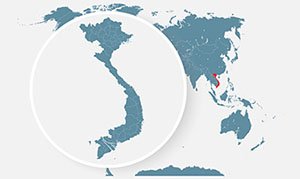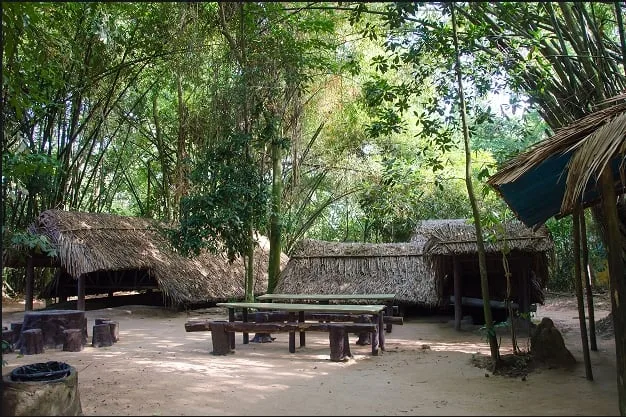Contents
ToggleWhat Time Is It in Vietnam?
Vietnam operates on Indochina Time (ICT), which is UTC+7, all year round. The country does not observe daylight saving time, so the time remains consistent throughout the year.
This makes it easy to plan calls, flights, or travel itineraries—but depending on where you’re coming from, the time difference can still be significant. For example:
- From Paris: Vietnam is +5 hours ahead in winter, and +6 hours ahead in summer.
- From London: Vietnam is +6 to +7 hours ahead depending on British Summer Time.
- From New York: Expect a 12-hour time difference (EST) or 11 hours during daylight saving time.
📌 Tip for Travelers: Adjust your sleep schedule a few days before flying to minimize jet lag, especially if you’re arriving from Europe or North America.
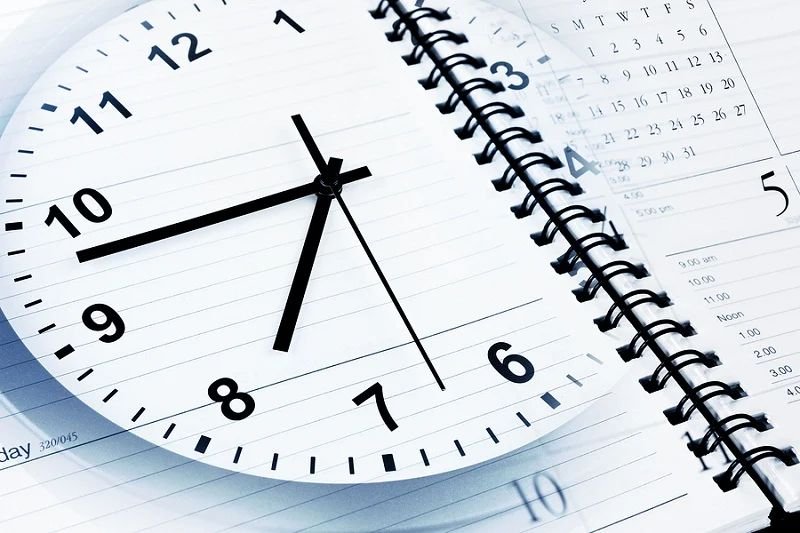
Time Differences Between Vietnam and French-Speaking Countries
Understanding time differences can help you schedule flights, meetings, or calls with family and friends while traveling in Vietnam. Here’s a breakdown of the time differences between Vietnam (UTC+7) and major French-speaking regions:
▶ Western Europe
Countries: France, Belgium, Switzerland, Luxembourg
- Winter (UTC+1): Vietnam is +6 hours ahead
- 🕗 8:00 AM in Paris = 2:00 PM in Vietnam
- Summer (UTC+2): Vietnam is +5 hours ahead
- 🕗 8:00 AM in Paris = 1:00 PM in Vietnam
▶ North America (Francophone Canada)
Province: Quebec (Montreal, Quebec City)
- Winter (UTC-5): Vietnam is +12 hours ahead
- 🕗 8:00 AM in Montreal = 8:00 PM in Vietnam
- Summer (UTC-4): Vietnam is +11 hours ahead
- 🕗 8:00 AM in Quebec = 7:00 PM in Vietnam
▶ Oceania
- French Polynesia (UTC-10): Vietnam is +17 hours ahead in winter, +16 in summer
- 🕗 8:00 AM in Tahiti = 12:00 AM–1:00 AM the next day in Vietnam
- New Caledonia (UTC+11): Vietnam is 4 hours behind
- 🕗 8:00 AM in Nouméa = 4:00 AM in Vietnam
▶ North Africa
Countries: Morocco, Algeria, Tunisia
- Winter (UTC+1): Vietnam is +6 hours ahead
- Summer (UTC+2): Vietnam is +5 hours ahead
▶ West Africa
Countries: Senegal, Ivory Coast, Mali, Burkina Faso
- UTC+0 year-round: Vietnam is +7 hours ahead
- 🕗 8:00 AM in Dakar = 3:00 PM in Vietnam
▶ Central Africa
Countries: Cameroon, DR Congo, Gabon, Chad
- UTC+1 year-round: Vietnam is +6 hours ahead
- 🕗 8:00 AM in Yaoundé = 2:00 PM in Vietnam
📌 Quick Tip: Use world clock apps (like Time Buddy or Google Clock) to manage time differences with ease while traveling.
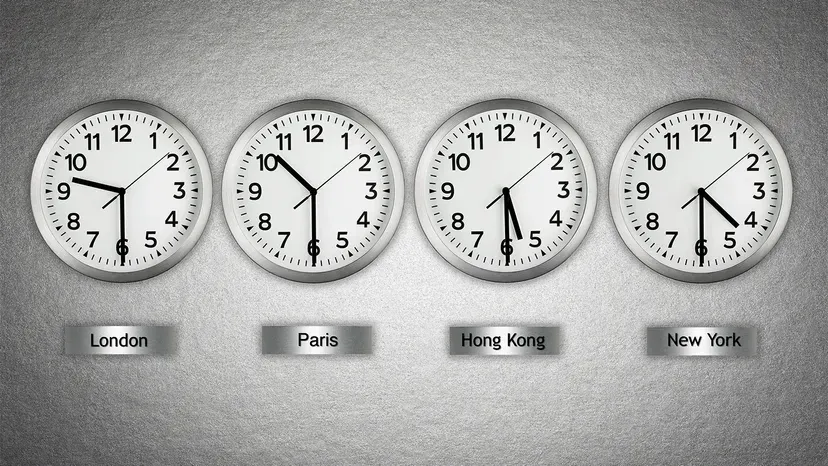
The Daily Schedule in Vietnam: What to Expect
Vietnam’s daily rhythm is a unique mix of early starts, energetic evenings, and a vibrant street culture that pulses throughout the day. Whether you’re a morning person or a night owl, understanding the local schedule can help you make the most of your trip.
🌄 Mornings: Vietnam Wakes Up Early
Vietnamese life kicks off with the sunrise—and so should you if you want to experience the country like a local.
- Markets & Street Vendors: Most open as early as 5:30–6:00 AM. Wet markets are especially lively in the early morning, when locals shop for fresh produce and breakfast.
- Breakfast Culture: Morning meals are hearty, flavorful, and fast. Locals sit on tiny plastic stools enjoying dishes like:
- Phở (beef noodle soup)
- Bún bò Huế (spicy beef noodles)
- Bánh mì (Vietnamese baguette sandwiches)
- Washed down with strong Vietnamese iced coffee (cà phê sữa đá) or hot green tea.
- Schools & Offices:
- Schools typically start by 7:00 AM.
- Offices open around 8:00 AM, with the workday beginning early and often ending by 5:00–6:00 PM.
- Tourist Attractions & Restaurants:
- Museums and landmarks often open by 8:00 or 9:00 AM.
- Restaurants begin service around 9:00 or 10:00 AM.
☀️ Tip: If you’re an early riser, mornings are perfect for exploring temples, parks, or the Old Quarter before the crowds arrive.
🌆 Afternoons: Midday Slowdown
- Many locals take a midday break or nap (siesta-style) between 11:30 AM and 1:30 PM, especially in smaller towns.
- Tourist services stay open, but things may feel quieter during this time.
- Heat and humidity peak around noon, so consider visiting air-conditioned museums, relaxing in cafés, or taking a break indoors.
🌙 Evenings: When the Streets Come Alive
Vietnam’s nightlife is less about bars and more about street life.
- Street Food & Night Markets: Most start around 5:00–6:00 PM and run until 10:00 PM or later. Try local specialties like:
- Bánh xèo (crispy pancake)
- Chè (Vietnamese sweet soup)
- Ốc (snails) and grilled seafood
- Cafés & Dessert Spots: Stay open into the night, especially in major cities like Hanoi, Ho Chi Minh City, and Da Nang.
- Tourist Areas: In busy areas like Hoi An, Saigon’s Bui Vien, or Hanoi’s Ta Hien Street, food and drink vendors often serve until midnight.
- 24/7 Convenience Stores: Brands like Circle K, GS25, and WinMart+ are easy to find in urban centers and tourist hubs.
🌃 Tip: Even if you’re jet-lagged, step out after dark—Vietnam’s streets are full of life and flavor!
✈️ Tips for Adapting to Vietnam’s Time & Lifestyle
Adjusting to the local rhythm can help you enjoy your trip more fully:
- Shift your schedule a few days before flying—wake up and sleep earlier to match Vietnam’s timezone (UTC+7).
- Book morning arrival flights to settle in and explore without losing a day.
- Combat jet lag with melatonin, magnesium, or herbal teas.
- Join locals in the morning—do tai chi in the park, walk along the riverside, or sip coffee at a streetside café as the city wakes up.
- Don’t expect quiet evenings—Vietnam stays lively well past dark, especially in city centers.
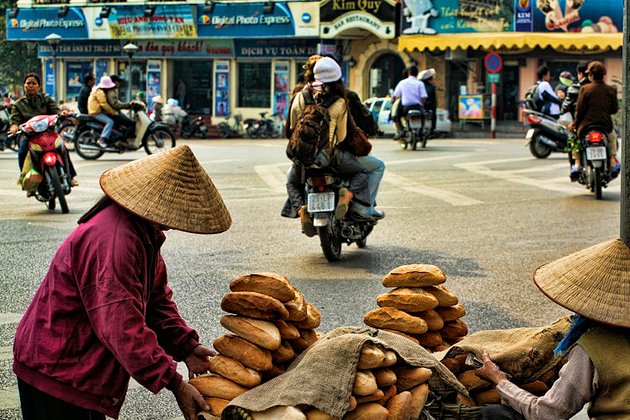
Final Thoughts
The time difference may require a bit of adjustment, but it’s a small price to pay for the rich cultural experiences awaiting you in Vietnam. The country’s unique rhythm—early mornings, late nights, and a lifestyle that balances work and leisure—offers a refreshing contrast to many Western routines.
Whether you’re staying for a few weeks or a few months, syncing up with local time and habits will enhance your trip and help you connect more deeply with the Vietnamese way of life.

